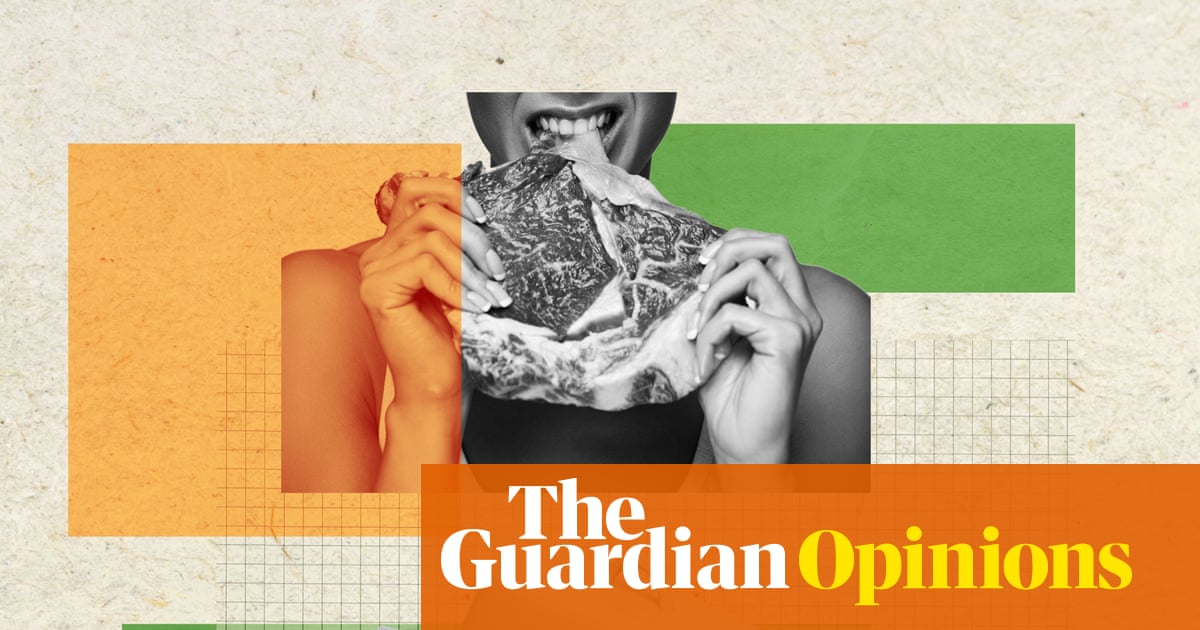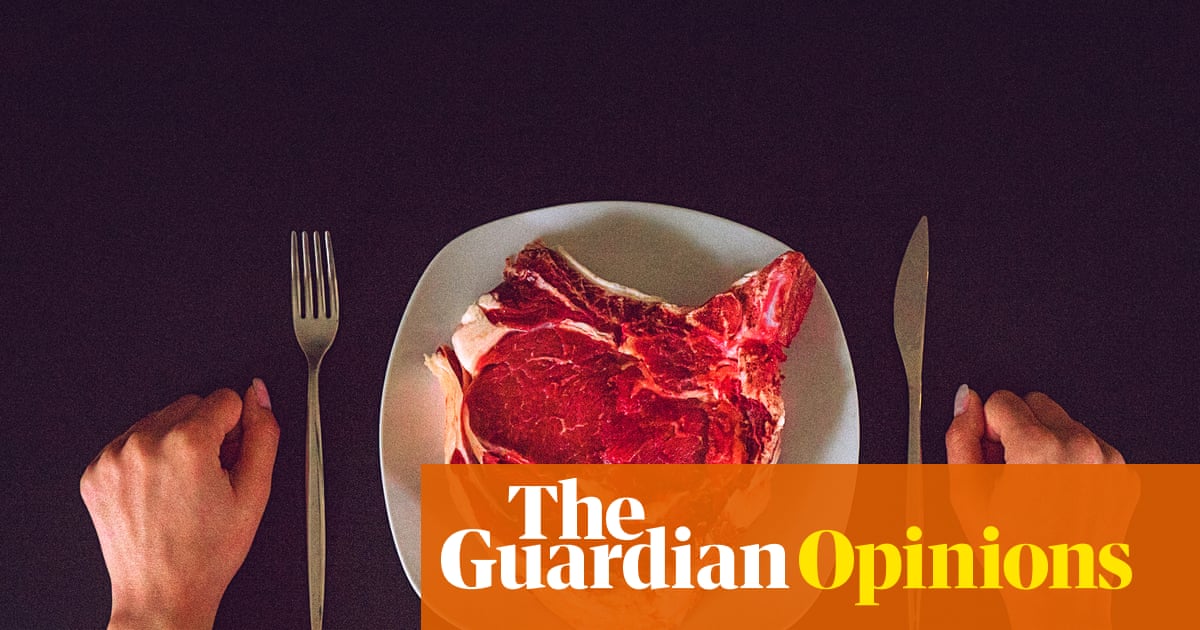Social media marketing
fromEngadget
23 hours agoSnap is hosting its own creator awards show
Snapchat launched the Snappy Awards Show on March 31 to celebrate creators and influencers across various categories, continuing the platform's efforts to support content creators through new tools and recognition.






